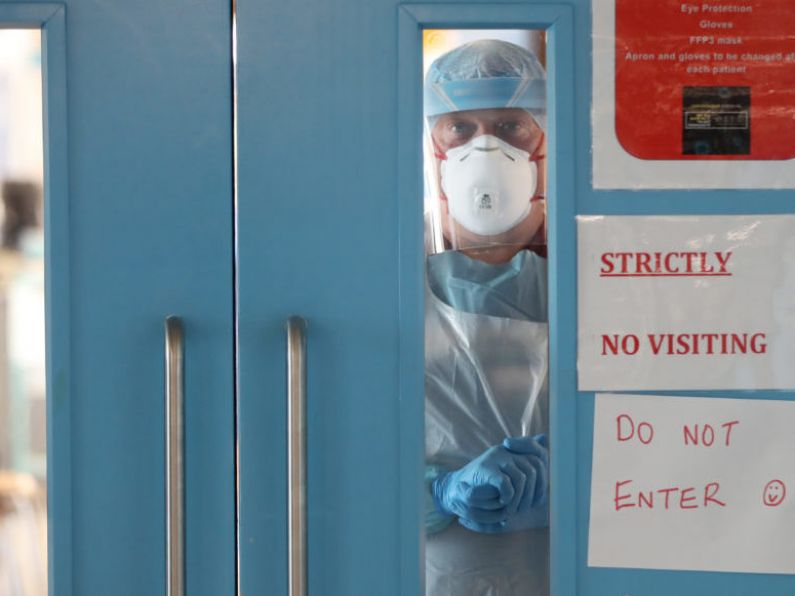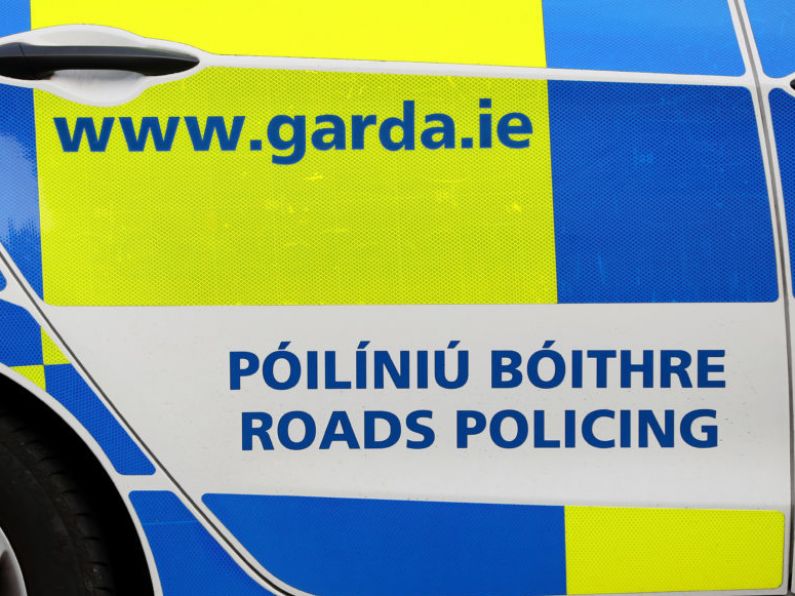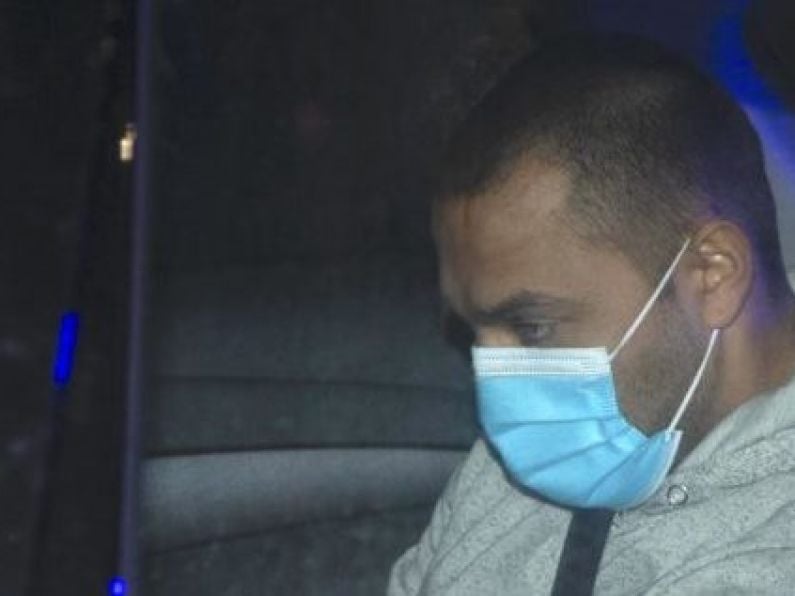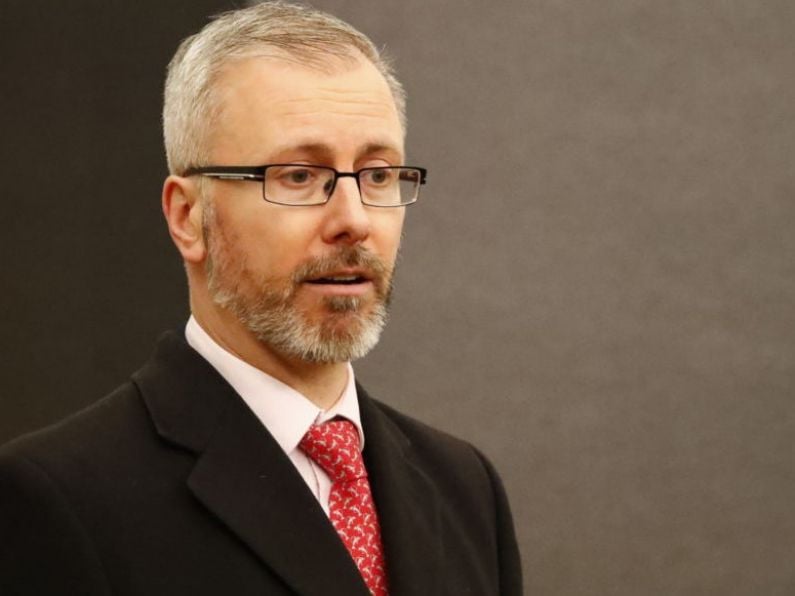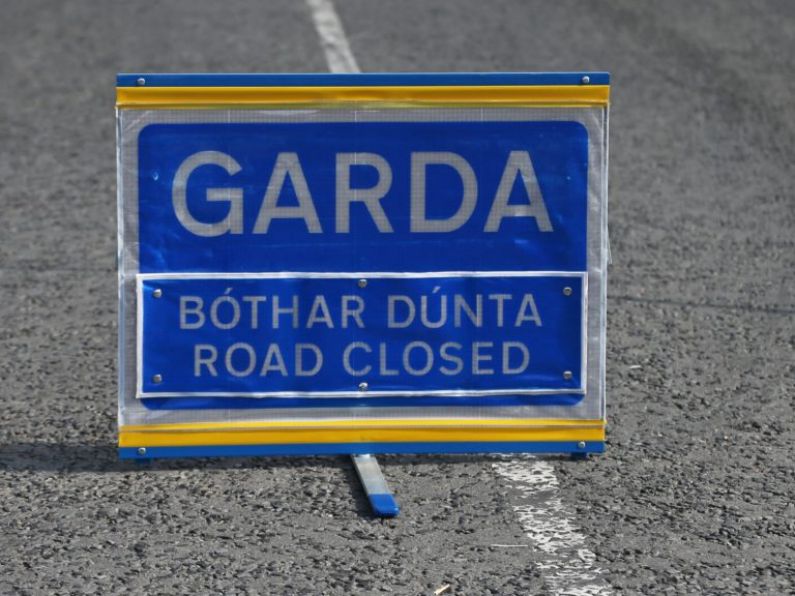Kenneth Fox
Masks are no longer mandatory in hospitals settings as the rule - introduced back in 2020 to protect against covid-19 - is officially being lifted on Wednesday.
The Health Protection Surveillance Centre says face coverings should still be worn around patients displaying coronavirus symptoms.
As The Irish Times reports, in further changes to regulations introduced during the pandemic, adults with respiratory symptoms are advised to stay at home and avoid contact with people until 48 hours after the symptoms have resolved.
Previously, people with symptoms were advised to take a Covid test, but the online portals for booking PCR tests or ordering antigen tests have closed.
The changes are in line with the relaxation of Covid-19 measures in other countries, though the removal of the mask mandate has divided opinion.
Last week, there were 12 Covid-19 outbreaks in hospitals, 16 in nursing homes and seven in community hospitals and residential institutions.
Children with respiratory symptoms who are unwell or who have a high temperature should stay at home and avoid other people, the HPSC advises.
“They can go back to school, college or childcare, and resume normal activities when they no longer have a high temperature and they are well enough to attend.”
It comes as the Irish Nurses and Midwives Organisation (INMO) said Cork City is experiencing hospital overcrowding which is "out of control".
The union has called for a bespoke plan to tackle the issue in the city, where both Cork University Hospital and Mercy University Hospital are experiencing record overcrowding.
On Tuesday morning, there were 92 people waiting on trolleys in Cork University Hospital, the highest figure in the State. Meanwhile, conditions at Mercy Hospital were described as "intolerable for nurses", with 40 patients waiting for a bed.
Nationally, the INMO found there were 613 patients on trolleys.
